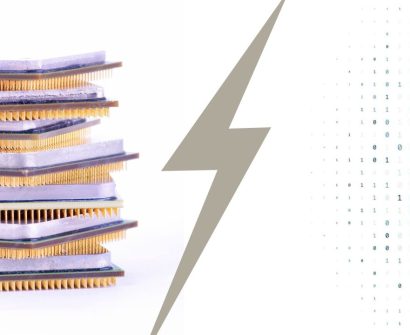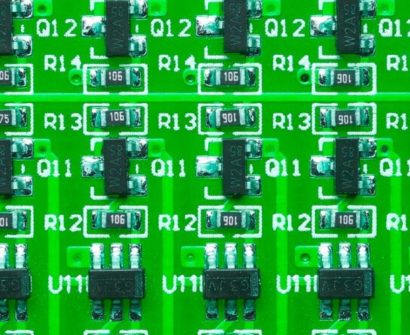
Understanding Finite State Machines: A Comprehensive Guide
Finite State Machines (FSMs) are fundamental concepts in the fields of computer science and engineering, particularly in the design and verification of digital systems. This guide will delve into what FSMs are, their types, and their applications, ensuring a clear and SEO-friendly approach for optimal readability.
What is a Finite State Machine?
A Finite State Machine (FSM) is a computational model used to design both computer programs and sequential logic circuits. FSMs are defined by a finite number of states, transitions between these states, and actions. An FSM can be in exactly one of a finite number of states at any given time.
Types of Finite State Machines
FSMs can be broadly classified into two categories:
- Deterministic Finite Automaton (DFA):
- Deterministic: Each state has exactly one transition for each possible input.
- Example: Vending machines, where each state represents a specific amount of money inserted.
- Nondeterministic Finite Automaton (NFA):
- Nondeterministic: A state can have zero, one, or multiple transitions for each possible input.
- Example: Pattern matching algorithms, where multiple patterns may match a single input string.
Components of a Finite State Machine
- States: Distinct modes or conditions of the system.
- Initial State: The starting state of the FSM.
- Input Symbols: The set of inputs that the FSM can process.
- Transitions: Rules that dictate how the FSM moves from one state to another.
- Final States: States that indicate successful completion of the process.
How Finite State Machines Work
FSMs operate by transitioning from one state to another in response to external inputs. This transition is governed by a set of rules or conditions. The FSM starts in the initial state and processes input symbols to determine the subsequent state. This process continues until it reaches a final state or an error state.
Applications of Finite State Machines
Finite State Machines have a wide range of applications, including:
- Digital Circuit Design: Used in designing sequential circuits, such as flip-flops and counters.
- Software Engineering: Employed in developing parsers and protocol design.
- Automated Control Systems: Utilized in controlling elevators, traffic lights, and vending machines.
- Game Development: Used to manage game states, player movements, and enemy behaviors.
Designing a Finite State Machine
Designing an FSM involves the following steps:
- Define the States: Identify all possible states of the system.
- Determine the Inputs: List all possible inputs that can affect the states.
- Create the Transition Table: Map out the transitions between states based on inputs.
- Implement the FSM: Use appropriate programming constructs or hardware components to implement the FSM.
Example: FSM for a Simple Vending Machine
States:
- S0: Idle state
- S1: 5 cents inserted
- S2: 10 cents inserted
Inputs:
- Nickel (5 cents)
- Dime (10 cents)
Transition Table:
| Current State | Input | Next State | Action |
|---|---|---|---|
| S0 | Nickel | S1 | Display $0.05 |
| S0 | Dime | S2 | Display $0.10 |
| S1 | Nickel | S2 | Display $0.10 |
| S1 | Dime | S0 | Dispense Product |
| S2 | Nickel | S0 | Dispense Product |
| S2 | Dime | S0 | Return 5 cents |
Conclusion
Finite State Machines are crucial tools in both digital system design and software engineering. They provide a structured way to model the behavior of systems with a finite number of states. Understanding FSMs is essential for anyone involved in the fields of computer science, electrical engineering, and related disciplines.
By following the principles outlined in this guide, you can design and implement efficient FSMs for various applications, ensuring a solid foundation in one of the most fundamental concepts in digital technology.
Also Read : fpga architecture in vlsi
To know more about VLSI Course , SuccessBridge VLSI training institute. You can begin your VLSI career by enrolling in the placement-assisted live courses available at SuccessBridge We offer various VLSI online courses. We offer VLSI Physical Design course, Design Verification course, DFT Training , Chip design course many more. Explore VLSI Courses From The Leaders In VLSI Training






